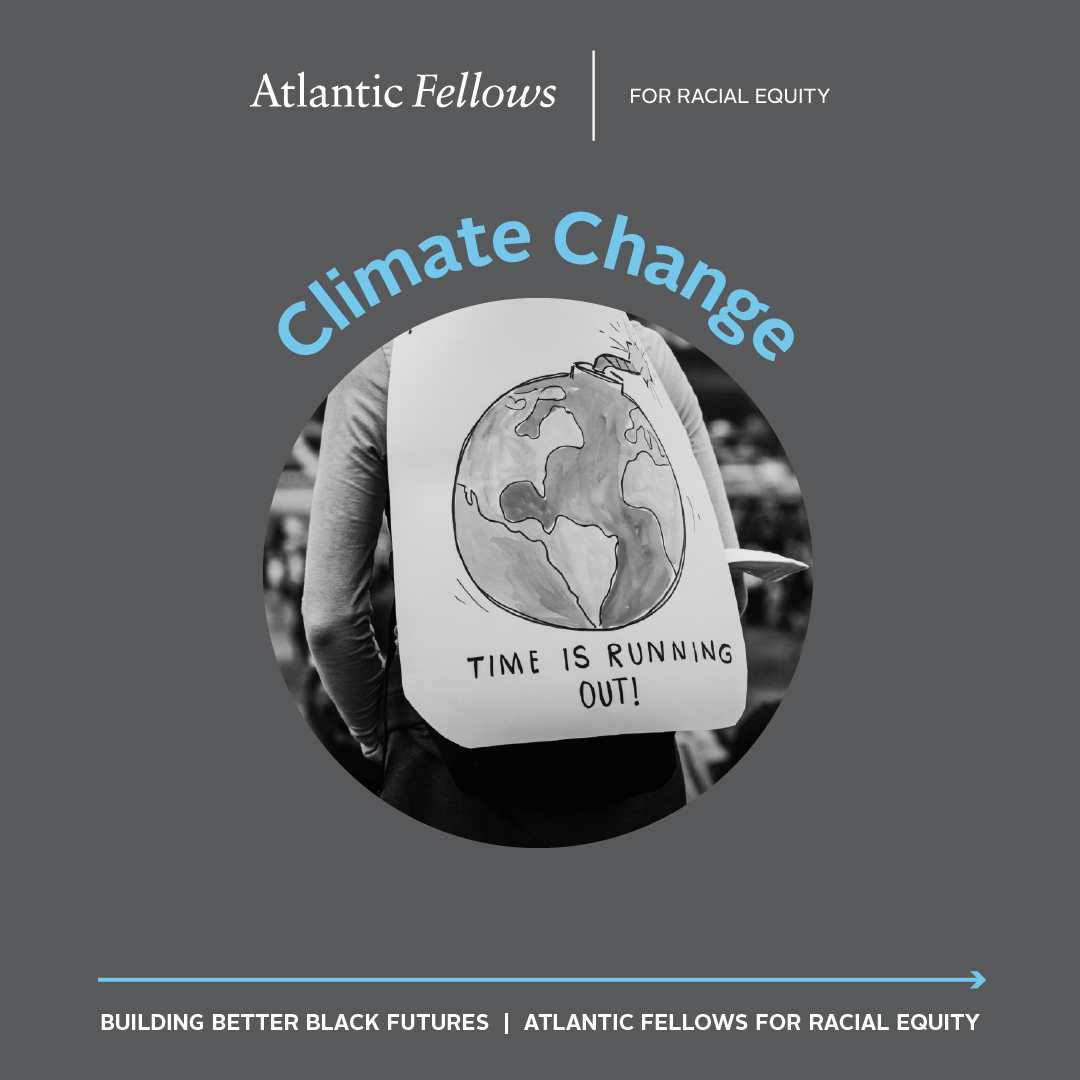For U.S. Black History Month, we interviewed some of our Senior Fellows to take stock of the structural conditions that continue to impede the health and wellbeing of Black people in South Africa and the U.S., and to discuss the solutions needed to transform them. The result is our 2022 Policy Slate for Building Better Black Futures.
Read More*Part of our 2022 Policy Slate for Building Better Black Futures
Despite ongoing calls for community-oriented public safety practices, South Africa’s national government and the U.S. federal government have both been slow to introduce transformative policy. Nevertheless, the ground is shifting in city and state governments in the U.S.
Read More*Part of our 2022 Policy Slate for Building Better Black Futures
Voting rights across the U.S. are facing threats from partisan politicians who are taking up various efforts to block access to the vote for communities of colour. In South Africa, failures of political leaders in the ANC are eroding faith in the democratic process as a lever of change. We need broad-based people power—rooted in organised movements—to hold elected leaders, and public and private institutions accountable.
Read More*Part of our 2022 Policy Slate for Building Better Black Futures
Structural factors—including inadequate access to quality housing, stable employment with living wages, and food security—create adverse health outcomes in communities of colour and poor communities across South Africa and the U.S. Communities must be at the centre of efforts to transform these structural forces that impact health.
Read More*Part of our 2022 Policy Slate for Building Better Black Futures
South Africa is infamous for being the world's most unequal country with an alarming 70 percent youth unemployment rate. And at a time when food prices continue to threaten the world’s poorest counties, such stark inequality has huge implications for South Africa’s future.
Read More*Part of our 2022 Policy Slate for Building Better Black Futures
The paths to actualising reparations for communities of colour across the world are likely to be highly contextual, given the highly contextual histories of harm that different communities have experienced.
Read More*Part of our 2022 Policy Slate for Building Better Black Futures
South Africa is facing a crisis in the delivery of basic services including water, sanitation, refuse management, electricity supply and housing, all of which are the primary responsibility of municipal governments. There is clear consensus among advocates that issues with local government accountability are at the root of the problem.
Read More*Part of our 2022 Policy Slate for Building Better Black Futures
President Cyril Ramaphosa recently passed three bills to tackle gender-based violence, an ongoing crisis in South Africa. Given their newness, and histories of governmental failures, it remains to be seen whether they will be effective at protecting womxn.
Read More*Part of our 2022 Policy Slate for Building Better Black Futures
Few events have affirmed the essential place of the internet in modern life like the COVID-19 pandemic, yet millions of people across South Africa and the U.S. remain without internet access. Governments must address infrastructure and pricing issues that contribute to these inequities.
Read More*Part of our 2022 Policy Slate for Building Better Black Futures
Many communities of colour and poor communities across South Africa and the U.S. are on the frontlines of the climate crisis. Policies to meet the challenge of the moment must be rooted in their needs.
Read More









